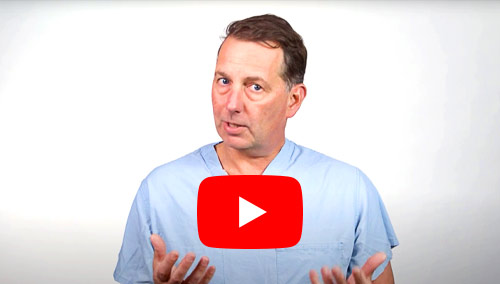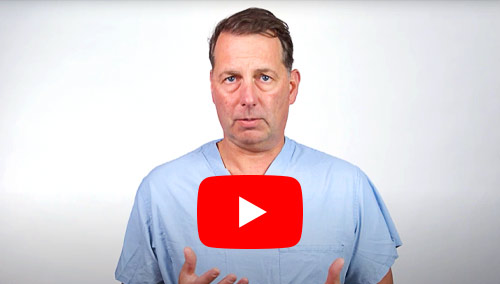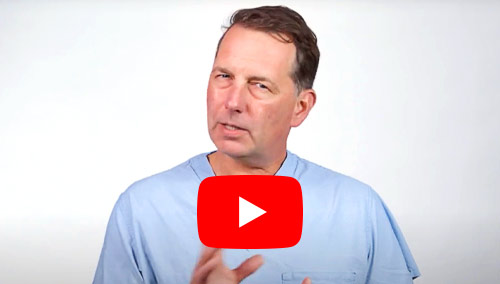Surgery to Treat Coronary Artery Disease
Also called heart bypass surgery, coronary artery bypass grafting (CABG) is a procedure that can help improve blood flow to the heart. It involves using one or more blood vessels, usually from the arms or the chest, and connecting them to blood vessels above and below a coronary artery that is narrowed to bypass the other narrowed or blocked coronary arteries.
Call to Schedule an Appointment Today
For more information, or to schedule an appointment with one of our heart surgery specialists, call 216-844-4004.
About Coronary Artery Bypass Grafting (CABG)
Appropriate candidates for this procedure may be those who have obstructive coronary artery disease, which occurs when plaque builds up in the coronary arteries that supply the heart with oxygen-rich blood. Your heart care team will work with you to decide if CABG is right for you.
Your doctor may use diagnostic tests or procedures to determine how serious your heart disease is and where the coronary arteries are narrowed. Tests and procedures may include:
- Electrocardiogram to record the heart’s electrical activity
- Stress tests to measure how well your heart works during physical stress such as exercise or medicine given to achieve the same effect.
- Echocardiogram to assess how your heart and valves function.
- Coronary angiography to see how blood flows through your arteries. CT angiography is an alternative that uses an injection of dye in the arm along with computed tomography.
- Coronary calcium scan to get images of the calcium in the walls of your coronary arteries, which is linked to coronary artery disease.
After surgery, you will stay in the hospital for about a week, including a day or two in the intensive care unit. After you leave the hospital, you will need about six to 12 weeks to recover completely.
University Hospitals offers a number of different kinds of heart bypass surgery, including:
Heart Surgery Frequently Asked Questions
Marc Pelletier, MD, University Hospitals Harrington Heart & Vascular Institute Chief, Cardiac Surgery, answers frequently asked questions about coronary artery disease.
Your doctor will recommend the best type of heart bypass surgery based on your individual medical needs.
Quality Monitoring
University Hospitals is one of a few health systems that measure the flow in bypass grafts during surgery to ensure the bypasses are functional and of the highest quality. This level of quality and oversight is our commitment to excellent care and outcomes.
Make an Appointment
Offering in-person and virtual visits. Call today to see which option is right for you. Call 216-278-7203 or
Schedule online with a cardiologist




